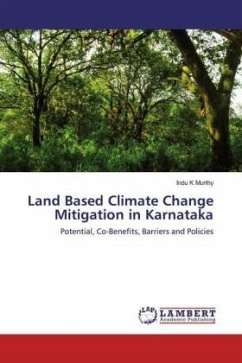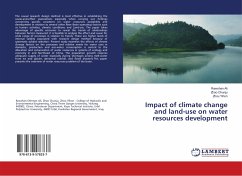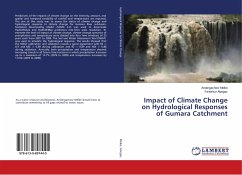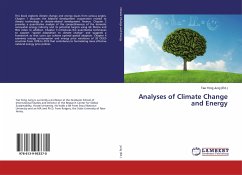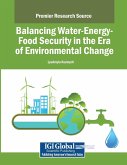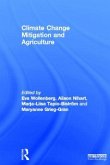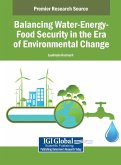Keeping the temperature rise below 2 degree C is impossible without land based mitigation. However, land is a scarce resource and there is competition for land for multiple purposes such as agriculture, forestry, infrastructure and settlements. Estimating land available and identifying potential options that generate multiple co-benefits is the first step towards realising the mitigation potential. In India and particularly in Karnataka rainfed agriculture dominates and with variable rainfall that leads to crop failure and losses, farmers need options to adapt and build resilience in the long-term. Land based mitigation options provide one such opportunity. This book assesses trends in land use and projected demands for land in Karnataka and estimates the land potentially available for climate change mitigation through forestry activities. It also estimates the mitigation potential of forestry activities in Karnataka and identifies barriers for realising the potential. Finally, the impact of climate change on mitigation potential is assessed and policies and institutional strategies for promoting forestry mitigation is outlined.
Bitte wählen Sie Ihr Anliegen aus.
Rechnungen
Retourenschein anfordern
Bestellstatus
Storno

